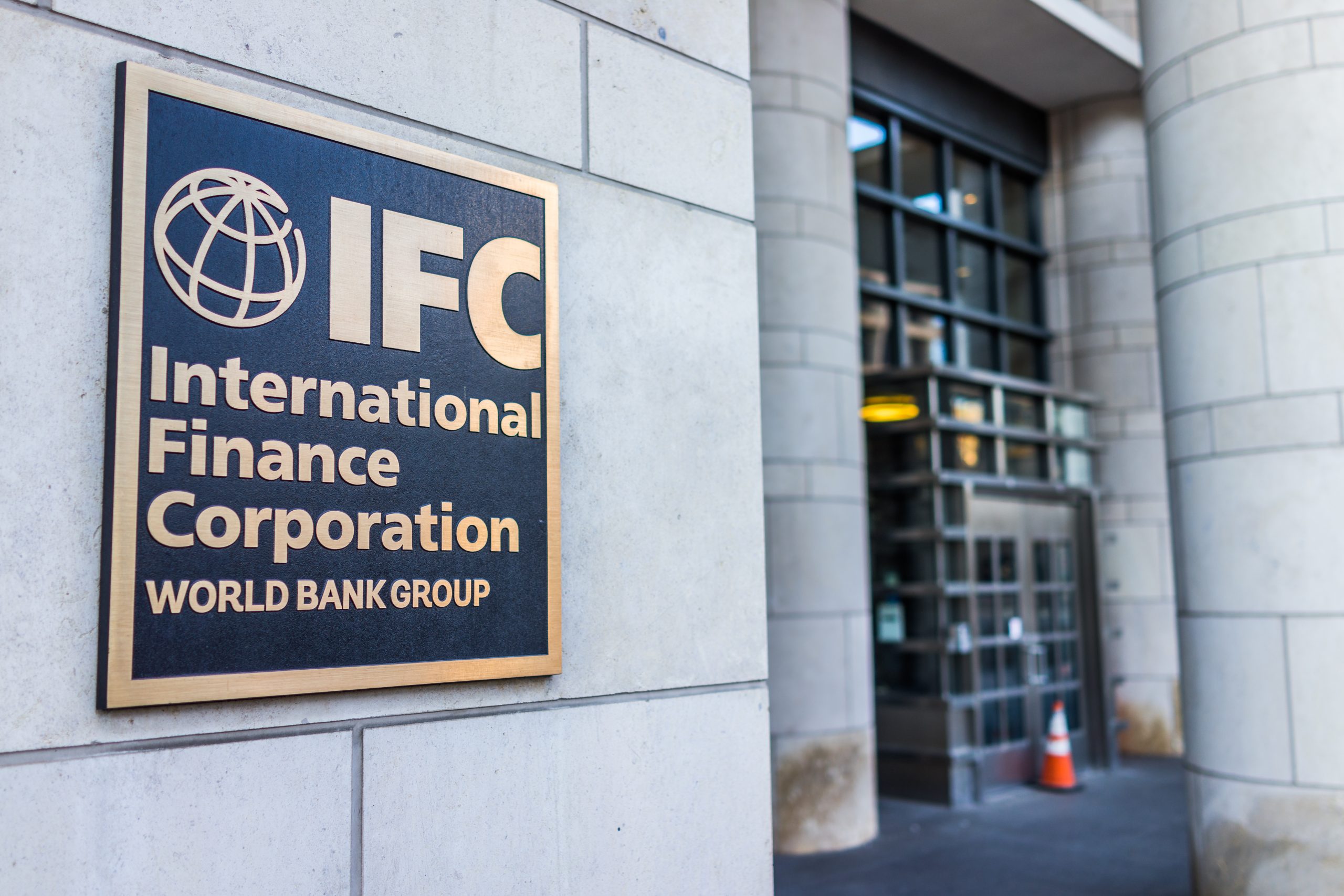Inclusive Development International joins an alliance of civil society organizations to assert that a newly released proposal on remedial action by the International Finance Corporation (IFC) and the Multilateral Investment Guarantee Agency (MIGA) falls short of expectations and fails to provide a comprehensive plan for delivering remedy to affected communities. If IFC and MIGA cannot guarantee remedy for project-related harm, they should not be funding development projects in the first place.
IFC and MIGA’s proposed Approach to Remedial Action was supposed to explain how the institutions would address the well-known human rights and environmental harms caused by some of their investments. Instead, IFC and MIGA’s response to the well-documented remedy gap is to publish a short paper that heralds its existing prevention and mitigation practices and does not admit that the institutions have a human rights obligation to remedy harms to which they have contributed. Thankfully, the document is only a proposal subject to public consultations, and we call upon IFC and MIGA to make significant changes.
IFC and MIGA have known for years that some of their investments cause environmental and social harm and that under international human rights standards, those who contribute to harm should contribute to providing remedy. An independent expert review, led by a former IFC president and requested by the World Bank’s board, confirmed this standard and recommended that the institutions contribute to and promote access to remedy for project-related harms. The review deemed IFC and MIGA’s current accountability system inadequate and remedial actions practically nonexistent. We are surprised, therefore, that the Approach to Remedial Action commits to very few new actions.
The proposed Approach includes some necessary elements, including a commitment from IFC and MIGA to facilitate and support clients’ remedial actions, explore and pilot arbitration, and exercise leverage over clients, including through contractual provisions and the use of various financing instruments. IFC and MIGA largely failed to respond to the board’s assignment, however, as they left out the following necessary components:
- Types of remedy: Despite “Remedial Action” in its title, the proposed Approach does not provide a plan for delivering any type of remedy. Further, the draft policy does not include any examples of remedy that IFC and MIGA have provided in the past or how IFC and MIGA will contribute to and promote specific types of remedy available in the future. Remedy can take many forms, including compensation, apology, rehabilitation, satisfaction, and commemoration, among others. The Approach must detail how IFC and MIGA are prepared to provide each type of remedy when the circumstances arise.
- Financial contribution by IFC and MIGA: Even though it is evident that remedy often costs money, “the Approach does not contemplate a systemic process for the financing of direct contribution to remedial action” (page v). This is a major gap. IFC and MIGA refer vaguely to directly financing remedy in “exceptional circumstances,” but don’t define them. IFC and MIGA don’t even commit to directly remedying the cases in which its accountability mechanism, the Compliance Advisor Ombudsman (CAO), found that projects did not comply with the IFC’s own Sustainability Policy and, as a result, contributed to harm. In line with the recommendations of the external review and per international standards, IFC and MIGA are obligated to financially contribute to remedy when their actions or inactions contribute to harm or when a client cannot provide financial contributions.
- Access to remedy after the end of a project: While the proposed Approach to Remedial Action references its draft Responsible Exit Principles, it does not describe specific actions IFC and MIGA will take to provide access to remedy after a project is complete. We expect IFC and MIGA to commit to not exiting a project subject to an ongoing CAO process without the consent of community complainants or until all remedial actions have been delivered to communities, commitments not included in the draft Responsible Exit Principles. This directly contradicts established norms and must be amended accordingly. Further, the proposed Responsible Exit Principles fail to adequately recognize the importance of including impacted communities as full stakeholders in the process. Delivering responsible exit depends on IFC and MIGA’s ability to provide holistic and inclusive remedy in line with communities’ expectations.
- Addressing the past: Even though IFC and MIGA’s failure to remedy harm in the past is the impetus for this proposed Approach, the institutions appear to only commit to implementing their remedial obligations going forward, with the document stating that IFC and MIGA would implement this approach to “new” projects. This fails the communities who are currently experiencing harm and need remedy.
The Approach to Remedial Action is risk-averse from an institutional perspective but expects a risk tolerance from rightsholders. Communities adversely affected by development projects have a right to remedy that is co-designed by them. Prioritizing the bottom line over the people these development institutions serve is unacceptable and a missed opportunity.
IFC and MIGA have an opportunity to demonstrate leadership among development finance institutions and the wider financial sector by bringing this proposal in line with prevailing international human rights norms. A failure to do so would mark a concerning precedent and setback for the realization of the right to remedy. We hope that IFC and MIGA provide sufficient opportunities for civil society and project-affected communities to provide feedback on the draft policy, and deliver a revised proposal that meets the moment.
Endorsed by:
Accountability Counsel
Bank Information Center
Center for International Environmental Law (CIEL)
American University Center for Human Rights and Humanitarian Law
Sustentarse (Chile)
Association of ESPOD Morocco
Inclusive Development International
NGO Forum on ADB
Recourse
ATGL Tunisia
Social Justice Platform
Studies and Economic Media Center
Oxfam
Yemene Observatory for Human Rights
Green Development Advocates (GDA)
Foundation for Environmental Management and Campaign against Poverty (FEMAPO)
Observatory of Food Sovereignty and Environment
Observatoire d’Etudes et d’Appuis a la responsabilité Sociale et Environnementale (OEARSE)
Centre for Citizens Conserving Environment & Management (CECIC)


